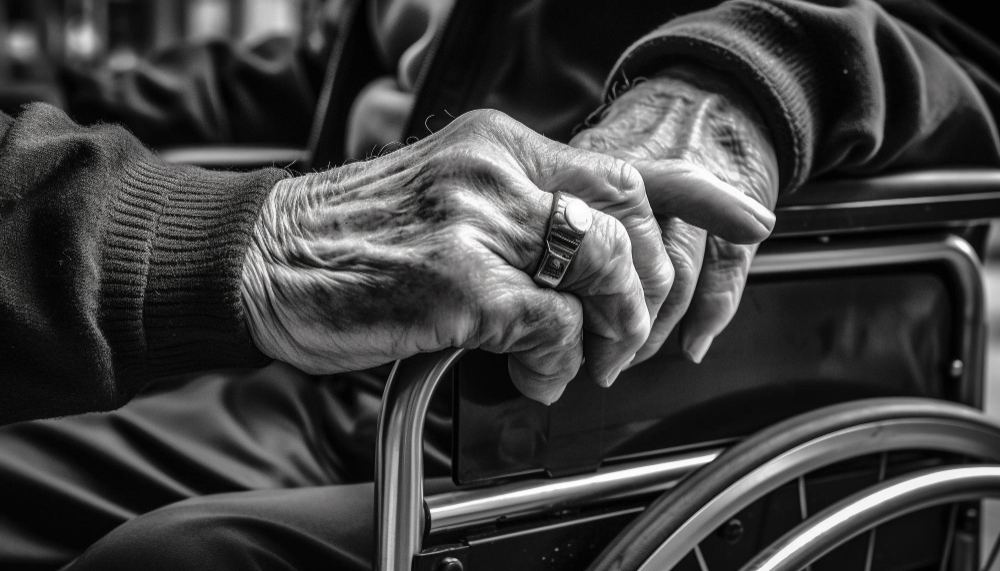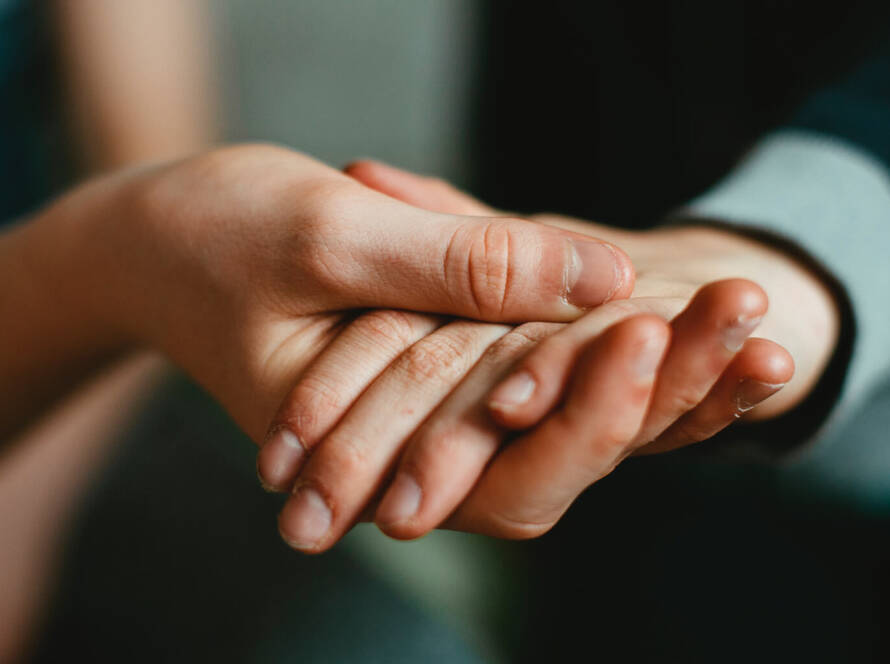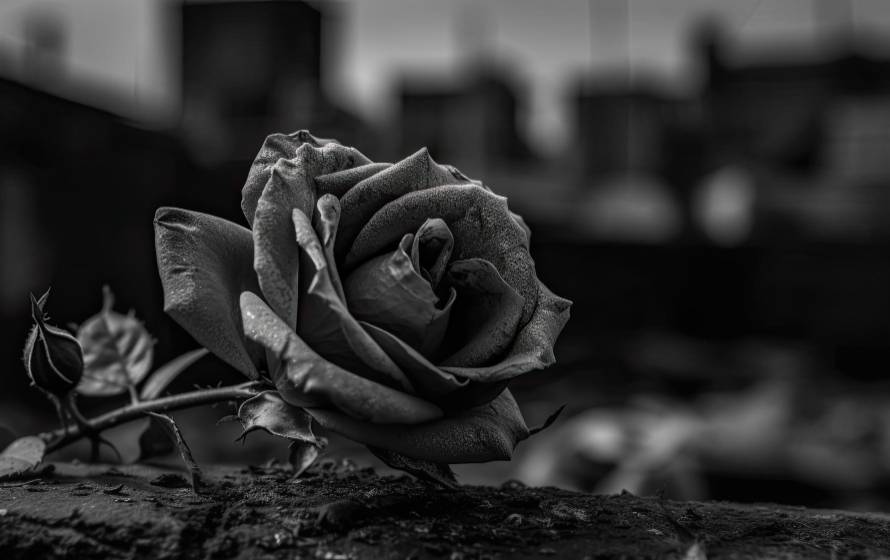The loss of a loved one in a care home can present its own unique set of circumstances. Our understanding team recognises the delicate nature of this situation. We will liaise with the care home staff to ensure a smooth transition, managing all the necessary details with sensitivity. Trust us to create a respectful and dignified farewell for your loved one.
GUIDANCE FOR HANDLING THE DEATH OF A LOVED ONE IN A CARE HOME
In the unfortunate event that your loved one passes away while in the care of a care home facility, the staff members are well-informed about the necessary procedures and will provide you with the guidance and support you need during this difficult time.
IMMEDIATE STEPS FOLLOWING THE DEATH
If you are not present at the time of your loved one’s passing, the care home staff will promptly inform you of the situation. If you desire, you may request to see your loved one before any further arrangements are made.
EXPECTED DEATH
In cases where the death was expected, a medical practitioner will verify the passing and notify the GP to certify the death. Typically, the care home staff takes care of these procedures on your behalf. If the GP has seen your loved one within the last 14 days or the death was expected, a Medical Certificate of Cause of Death will be issued by the doctor, enabling you to register the death.
UNEXPECTED DEATH
For sudden or unclear deaths, the doctor or care home staff will inform the appropriate authorities, such as the coroner or procurator fiscal in Scotland. The coroner or procurator fiscal may decide to conduct a post mortem examination or an inquest to establish the cause of death before allowing the registration of the death. It is crucial to note that a funeral cannot take place until the Coroner’s inquest is concluded and the cause of death is determined. Care home staff are usually available to help you notify your local funeral director and work with them on your behalf. The funeral director will then transfer your loved one to their own chapel of rest facilities, ensuring that you are kept informed throughout the process.
CARE FOR THE DECEASED BODY
Care home staff are trained to ensure that your loved one’s body is respectfully and appropriately handled. Typically, they will be moved to a private space, such as their own room, where they can rest peacefully until you are notified, the medical certificate is provided, and the funeral director is able to collect the body.
CULTURAL AND RELIGIOUS PRACTICES
Care home staff are generally understanding and accommodating of individuals’ cultural and religious customs. If you wish to spend time with your loved one after their passing or carry out any specific traditions, it is important to inform the staff as soon as possible, allowing them to plan accordingly.
DISPOSITION OF PERSONAL BELONGINGS
The care home will reach out to you (or the next of kin) to arrange a suitable time for the collection of your loved one’s belongings. Typically, you will be required to sign paperwork acknowledging receipt of these items.
ORGAN DONATION
If you are uncertain about whether your loved one was registered as an organ donor, the hospital can provide verification. The organ donation process involves confirming the passing and seeking consent for the donation of any viable organs.
WHAT TO EXPECT MOVING FORWARD
Our compassionate and knowledgeable funeral directors are available to assist you throughout the funeral planning process. Additionally, we provide a timeline outlining the necessary steps following a loved one’s death, offering guidance on matters such as registering the death and handling their affairs.






